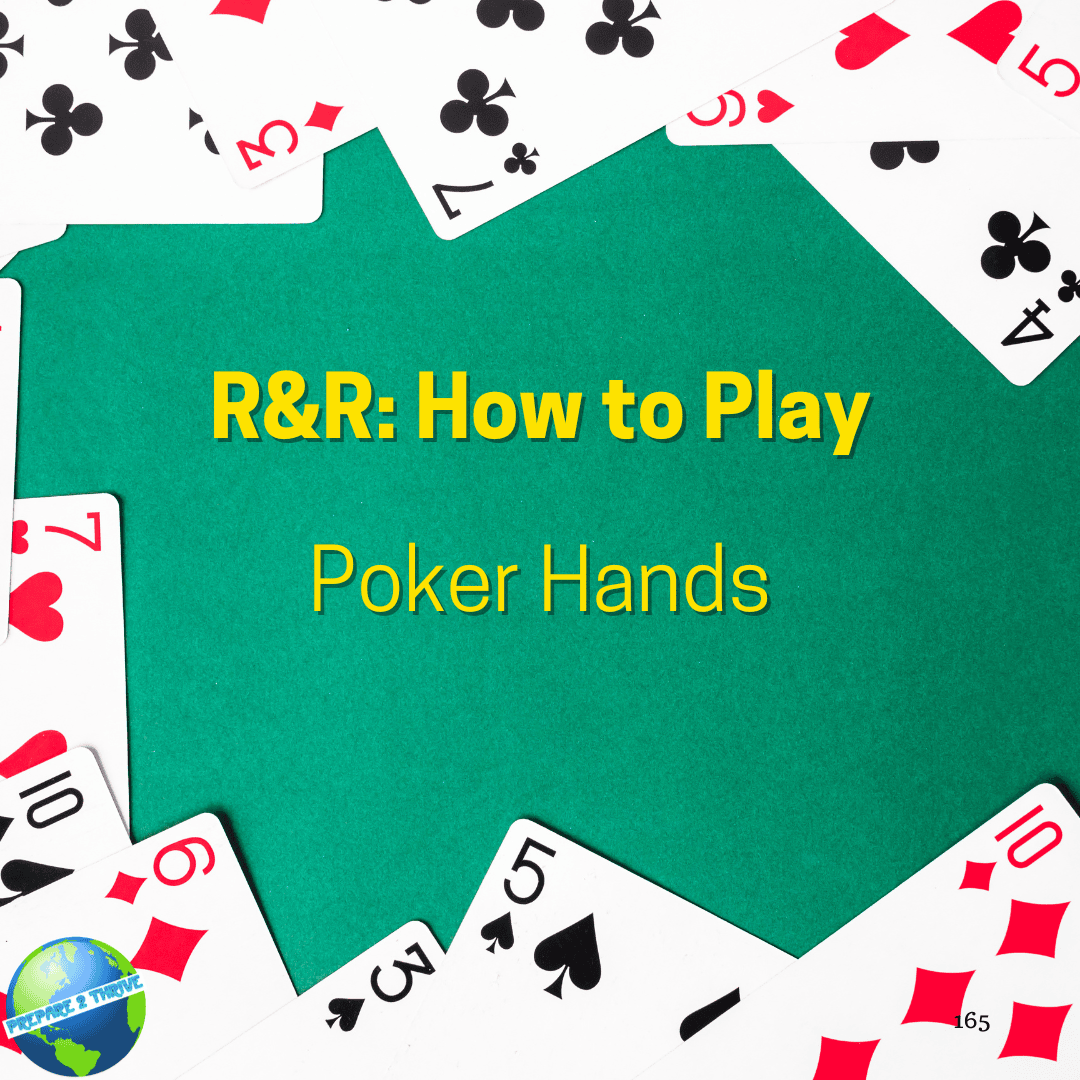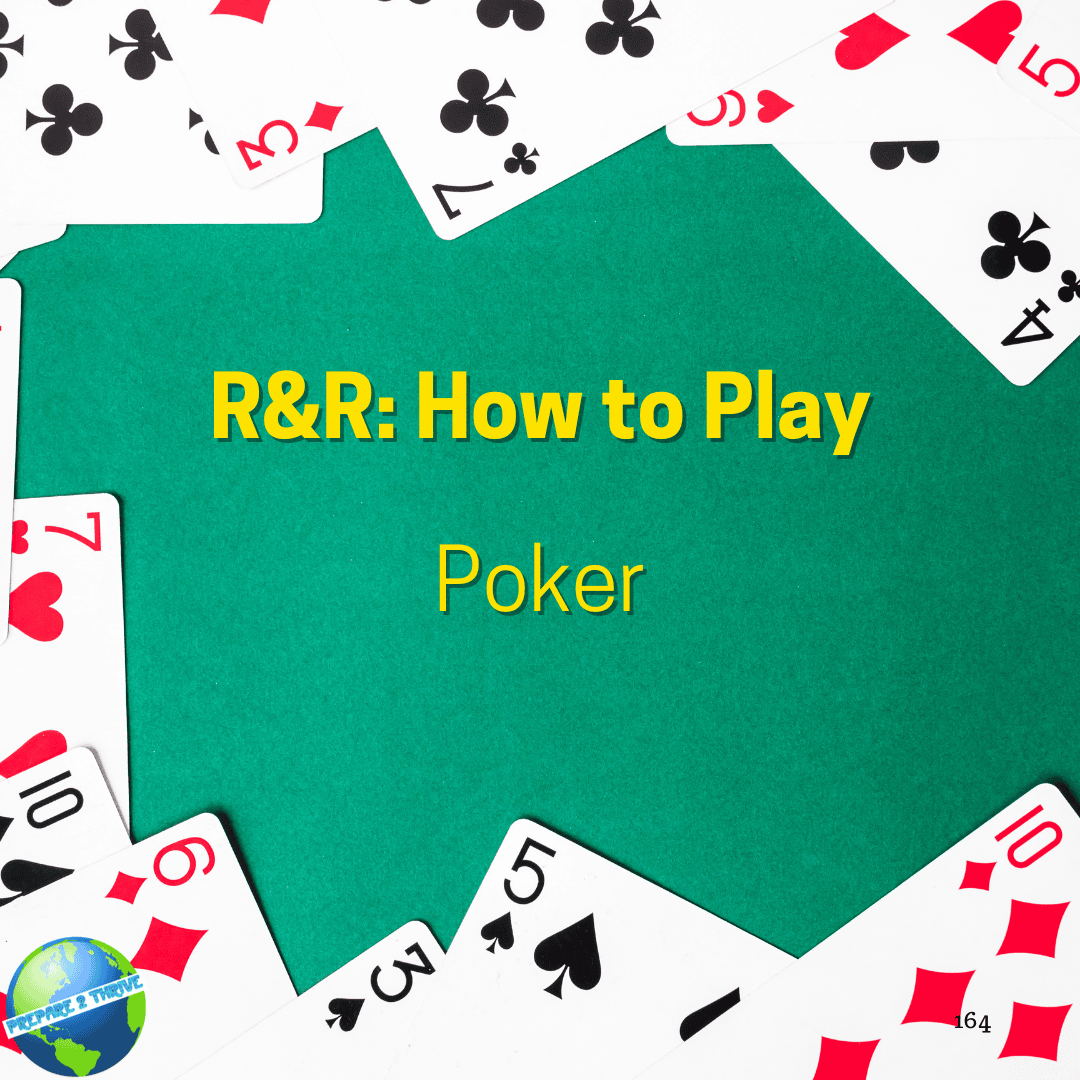Poker is a diverse family of card games that share common elements like betting and hand rankings. While there are numerous poker variations, including Texas Hold'em, Omaha, and Seven Card Stud, the core objective is to win chips or money by either having the best hand or convincing opponents to fold.
Setup for Poker:
- Use a standard 52-card deck for most poker variations.
- Assign a dealer button that rotates clockwise after each hand.
- Determine the small blind and big blind positions, which vary based on the specific poker variation you're playing.
Objective for Poker:
- The goal in poker is to win chips or money from opponents. You can achieve this by having the best hand at showdown or by bluffing your opponents into folding.
Round Play for Poker (Common Elements):
- The game is played in a series of hands, and each hand consists of several steps.
- Players are dealt a combination of hole cards (private cards) and community cards (shared cards) based on the variation being played.
- Players take turns in a clockwise direction and have the following options:
- Check: Decline to bet, passing the action to the next player.
- Bet: Place chips into the pot to make other players match or fold.
- Call: Match the current bet made by a previous player.
- Raise: Increase the size of the current bet.
- Fold: Discard your hand and forfeit any chips you've invested.
- Betting rounds occur after dealing community cards, with opportunities to check, bet, call, raise, or fold.
- The game may include several community cards dealt face up in the center, which are used by all players to make their best hand.
- Depending on the variation, there may be multiple betting rounds and opportunities to draw or exchange cards.
- A showdown occurs when all active players reveal their hands, and the player with the best hand, according to hand rankings, wins the pot.
Winning:
- The player who accumulates the most chips or money over the course of the game or meets a specific win condition (like eliminating all opponents) is the winner.
Tips:
- Each poker variation has its own set of rules, hand rankings, and strategies. It's essential to familiarize yourself with the specific rules of the variant you are playing.
- Poker is a blend of skill, psychology, and strategy. Pay attention to your opponents' behavior and betting patterns to make informed decisions.
- Manage your bankroll carefully and make calculated bets to protect your stack.
Texas Hold'em, Omaha, and Seven Card Stud are just a few of the many poker variations available. Each variant offers a unique experience, requiring players to adapt their strategies and approaches accordingly. Poker is renowned for its complexity, depth, and the combination of skill and psychology that it demands from its players.

Poker Hands
Poker hands are ranked based on the combination of cards a player holds. Here are the standard poker hand rankings from the highest to the lowest:
-
Royal Flush:
- A, K, Q, J, 10, all of the same suit.
- The highest-ranking hand, unbeatable in standard poker.
-
Straight Flush:
- Five consecutive cards of the same suit.
- For example, 9, 8, 7, 6, 5 of Hearts.
-
Four of a Kind (Quads):
- Four cards of the same rank.
- For example, four Kings and any other card.
-
Full House:
- Three cards of one rank and two cards of another rank.
- For example, three Jacks and two Fives.
-
Flush:
- Five cards of the same suit, not in consecutive order.
- For example, 10, 7, 6, 4, 2, all of Diamonds.
-
Straight:
- Five consecutive cards of different suits.
- For example, 9, 8, 7, 6, 5 of mixed suits.
-
Three of a Kind (Trips or Set):
- Three cards of the same rank.
- For example, three Queens and two unrelated cards.
-
Two Pair:
- Two sets of pairs.
- For example, two Kings, two Nines, and an unrelated card.
-
One Pair:
- Two cards of the same rank.
- For example, two Tens and three unrelated cards.
-
High Card:
- The highest card in your hand when no other hand is made.
- If no player has a pair or better, the highest card(s) in your hand determine the winner.
The player with the highest-ranking hand wins the pot. If two or more players have the same hand (e.g., both have a pair of Aces), the winner is determined by the kicker (the highest unpaired card) and, if necessary, the second kicker.
It's essential to understand the poker hand rankings, as they form the basis for evaluating the strength of your hand and making betting decisions. Keep in mind that some poker variations may have unique hand rankings or special rules, so it's important to be aware of the specific rules of the game you are playing.
